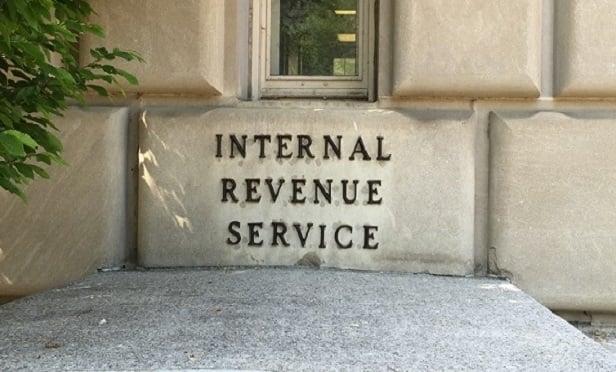
NOT FOR REPRINT
IRS Offers Relief to Ex-Citizens Who Owe Taxes
News September 06, 2019 at 03:42 PM
Share & Print

NOT FOR REPRINT
© Touchpoint Markets, All Rights Reserved. Request academic re-use from www.copyright.com. All other uses, submit a request to [email protected]. For more inforrmation visit Asset & Logo Licensing.

Immediate Answers to Critical Tax Questions At Your Fingertips
Keep up with the latest tax rules and regulations with weekly, exclusive updates by our Tax Facts experts.
Get More Information